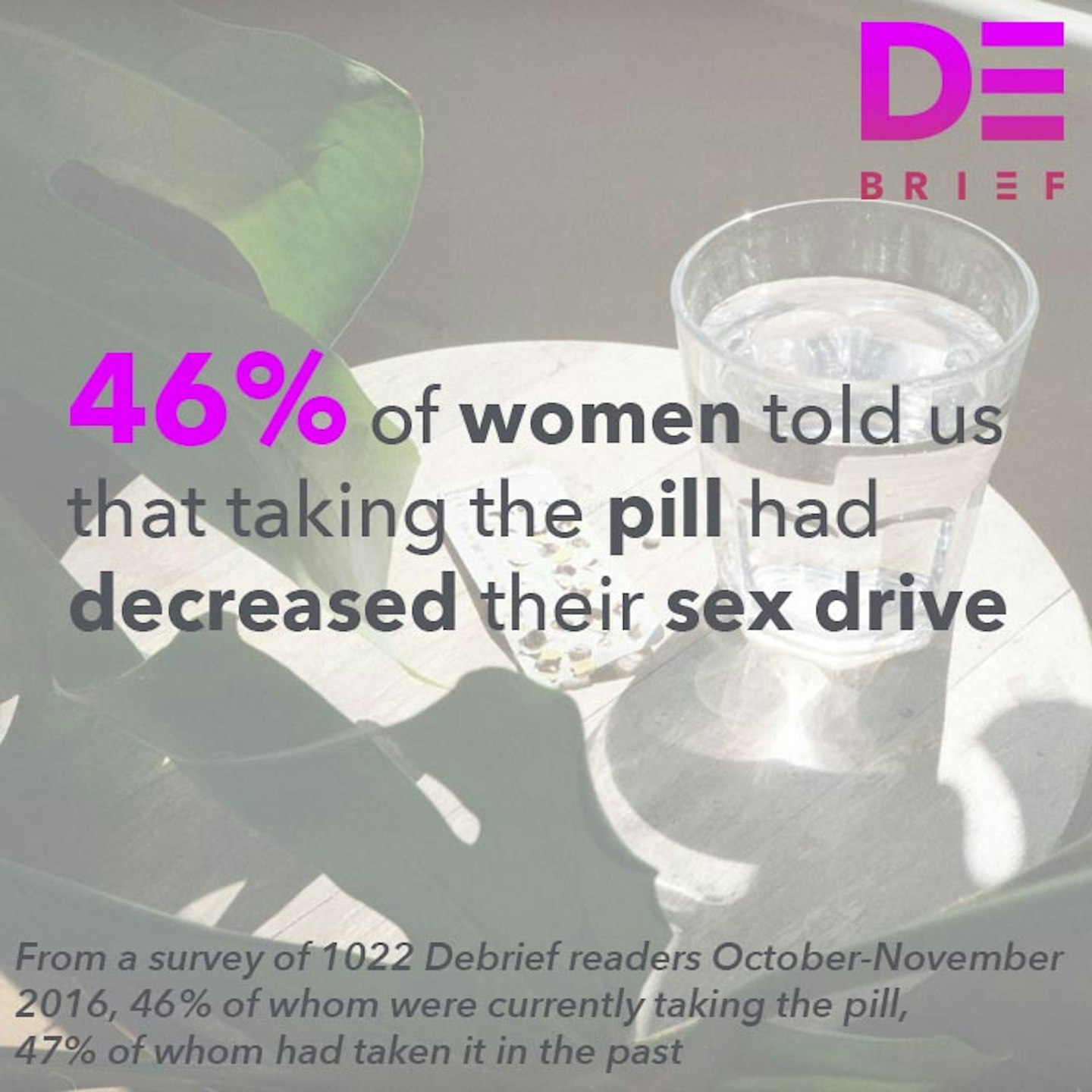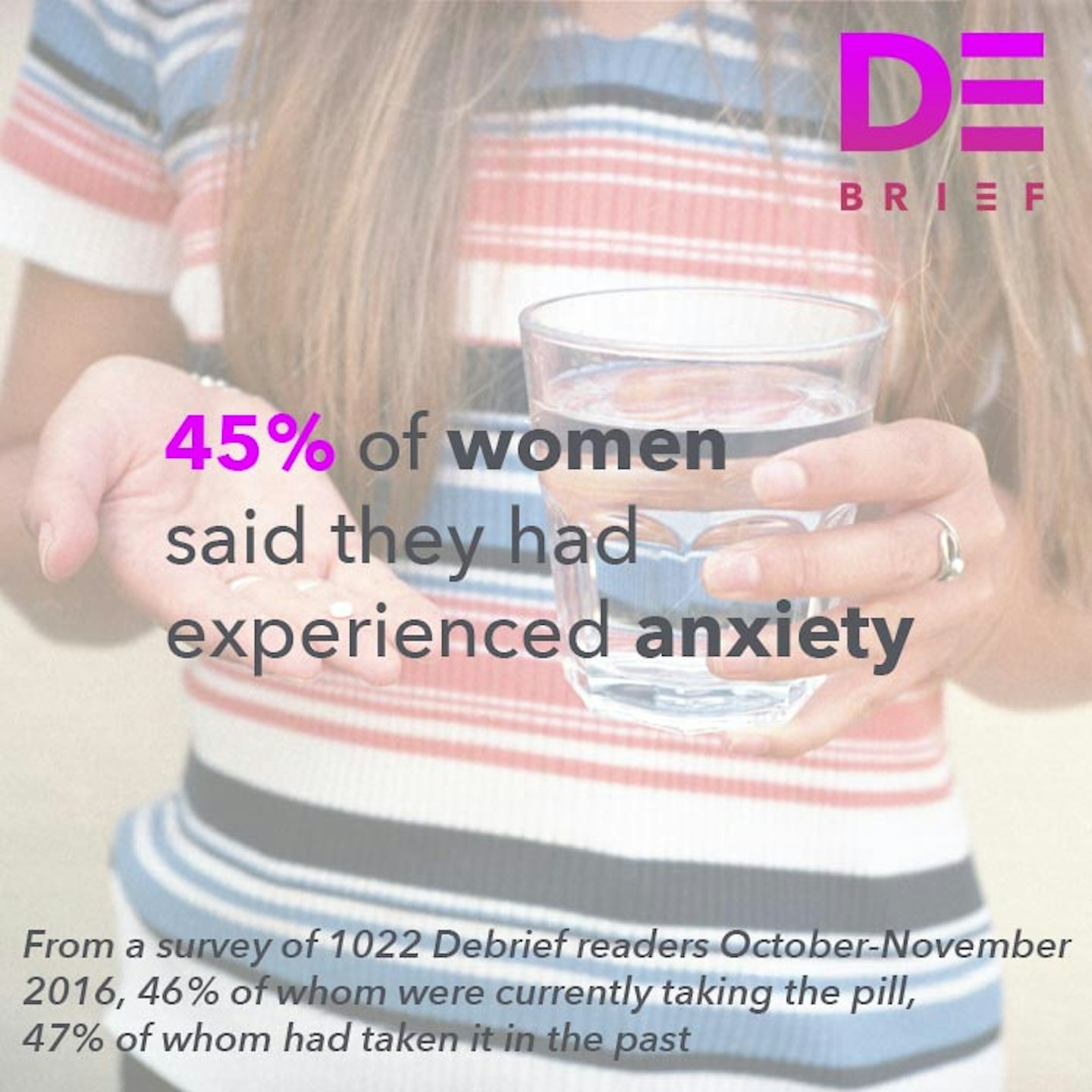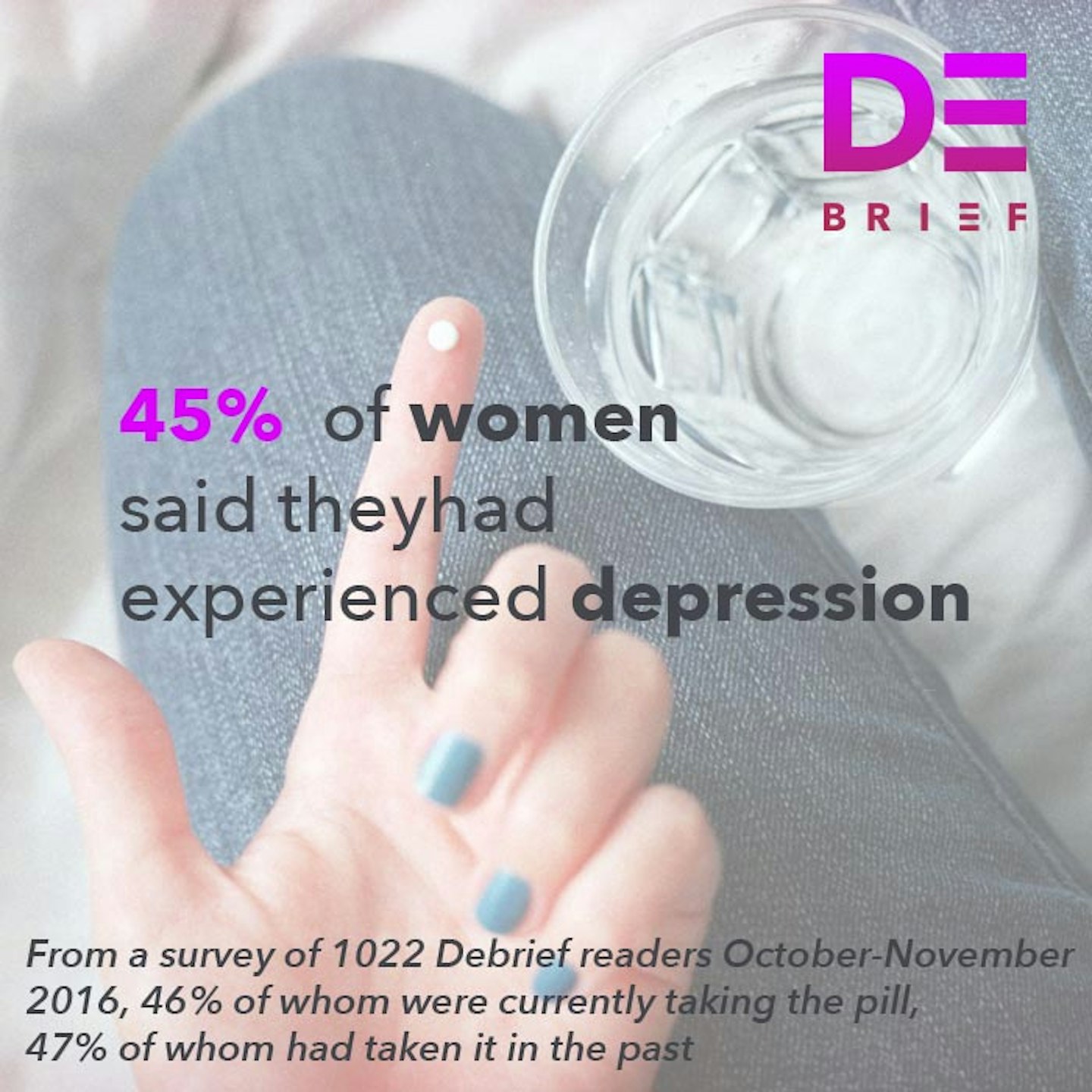Look away now if you are a) hungover b) feeling fragile in any way or c) housing is a trigger topic for you.
A new report from [Nationwide](http://First Time Buyer House Price Earnings Ratio - Nationwide) contains figures which reveal the places in the country where you’re most likely to be able to buy a house and, at the other end of the scale, the places where housing is now so expensive that even the Bank of Mum and Dad can’t save you.
The research looks at how much first-time buyerswould need to earn in order to buy a house across the United Kingdom. Earnings are categorised by percentiles, with those in the 100th or 90th percentile being people who earn the most and those in the 30th or 20th percentile earning less.
To give you some tea of what this actually means, according to Government figures: someone in the 80th percentile earned £38,500 before tax in 2014/2015 and someone in the 90th percentile earned £51,400.
It will come as no surprise to anyone that London comes in as the least affordable place to buy, with only those in the highest earning brackets (the 90th percentile) being able to buy, followed closely by the South East where a first-time buyer would need to be in the 80th percentile.
However, according to the report, in Scotland first-time buyers need to be in the 30th percentile. Across the rest of the country, the South West was reasonably out of reach for first time buyers, while Yorkshire & Humber, the North West and Northern Ireland were more reasonable. Nationwide reckons that first time buyers will need to fall into the 40th percentile in order to be able to buy in those areas.
Roughly translated, this means that buying in the South or in London is, by and large, reserved for those who are earning above average incomes. However, in the middle of the country you should be able to buy a house if you are earning just a little bit more than average and, ibn the North of the country, buying a home for the first time is a realistic goal for a far larger section of society.
**READ MORE: Hormonal Contraception And Mental Health **
Debrief Mad About The Pill Stats
 1 of 9
1 of 9Debrief Mad About The Pill Stats
 2 of 9
2 of 9Debrief Mad About The Pill Stats
 3 of 9
3 of 9Debrief Mad About The Pill Stats
 4 of 9
4 of 9Debrief Mad About The Pill Stats
 5 of 9
5 of 9Debrief Mad About The Pill Stats
 6 of 9
6 of 9Debrief Mad About The Pill Stats
 7 of 9
7 of 9Debrief Mad About The Pill Stats
 8 of 9
8 of 9Debrief Mad About The Pill Stats
 9 of 9
9 of 9Debrief Mad About The Pill Stats
This is certainly not good news. In fact, these figures suggest that affordability is an increasing problem beyond London and the South, with firs time buyers in the midlands needing to earn an above average amount to purchase a home. This counters the myth that the housing crisis is ‘only a London problem’.
Indeed, if the only problem first time buyers faced was affordability based on their earnings. Sadly, this is just the tip of the iceberg. Underneath the surface lurks the giant issue of deposits!
According to Nationwide, in London a whopping average deposit of £83,000 is needed. So, in our capital not only do you have to be in the top 10% of earners you need to have nearly £100,000 knocking about. Even with help from the Bank of Mum and Dad and/or the sale of a vital organ this seems like a stretch. On the other hand, they estimate that a first-time buyer in the North region will need £21,000. That sounds great, especially when you look at it next to the amount you need in London but don’t be fooled. Looking at how much housing costs these days is a little bit like browsing luxury clothing websites: the longer you look at the price tag the number you become to its actual value. Sure, you think to yourself, that’s doable!! I can make it work!! But, in truth, you know you can’t.
WATCH NOW: Bursting The Bubble: What Do Young Women In Boston And Skegness Think About Brexit?
In the areas where housing is less expensive, people are, on average, also earning less so it’s all relative. However, you slice it housing is out of reach for many first-time buyers without the help of family or government schemes. According to the Office for National Statistics the average UK salary for the tax year ending 2015 was £27,600. After tax, that’s £1,793 a month. Once you factor in rent, food, transport and other expenses, even saving £21,000 starts to look like a fairly ambitious target.
So, until either house prices fall or wages increase significantly, owning a home is going to continue to become increasingly difficult for first time buyers who find themselves relying on our expensive and unstable private rental sector in order to keep a roof over their heads.
Follow Vicky on Twitter @Victoria_Spratt
This article originally appeared on The Debrief.
